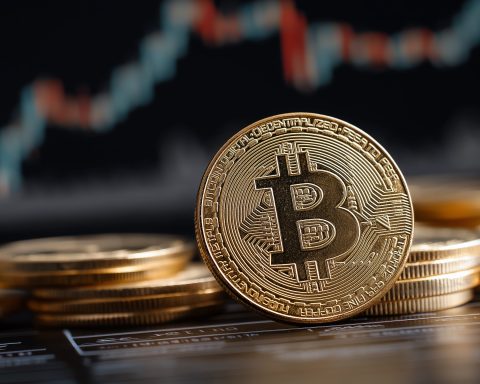
Шок від $115 тис. за біткоїн, сенсація SEC «Проект Крипто» та бум NFT – огляд крипторинку на початок серпня 2025
Біткоїн досяг історичного максимуму майже $122 800 наприкінці липня, потім знизився до близько $115 000 1 серпня і тримався біля $113,8 тис., зберігаючи приблизно 78% річного зростання. Ripple XRP досяг історичного максимуму $3,65 18 липня і торгувався в районі $2,90–$3,00 1 серпня,





